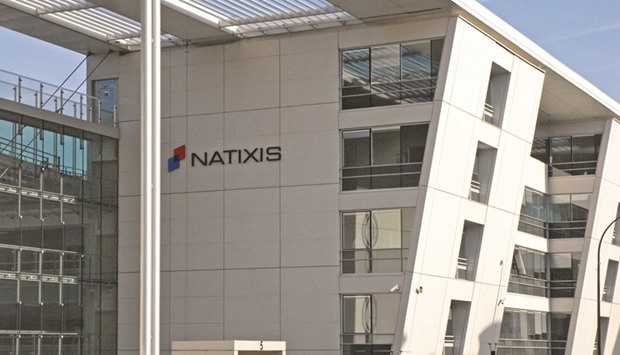Natixis SA estimates revenue from Asian corporate and investment banking may grow 20% this year as the French bank expands at a time when some rivals are scaling back in the region.
Asian CIB revenues have grown at a “double-digit” rate in the past five to six years, and the bank is aiming to continue that trend in the coming year as it seeks opportunities in infrastructure, project and acquisition finance, according to Francois Perol, Natixis’s chairman and the head of its parent firm, Groupe BPCE. The division will hire more staff to add to the 600 people it employs in Asian markets including Hong Kong, China and Australia, he said.
“We’re doing a few things in which we’re very good on a global basis for selected customers,” Perol said in an interview in Hong Kong on Wednesday. “We have plenty of room for growth here based upon this model.”
Natixis is pursuing its Asian ambitions for corporate and investment banking even as mounting regulatory and capital imposts force rivals like Standard Chartered Plc, Barclays Plc and Nomura Holdings Inc to wind back. “This is an area where growth is faster than what we’ve experienced in other areas of the world, especially in Europe,” Perol said. “A few banks are reducing their presence. This is not the case for us.”
Natixis shares, which reached the highest in 12 months Thursday, slipped 1.1% to €5.31 at 10:18 am in Paris. The stock is up about 26% in the past six months, outpacing the Stoxx Europe 600 Banks Index’s 19% gain.
Natixis derives almost 40% of its revenue from corporate and investment banking, according to data compiled by Bloomberg. The division posted a 43% gain in pretax profit in the third quarter, offsetting lower earnings at the firm’s savings unit, which was hurt by outflows at Harris Associates, one of Natixis’s US asset-management brands.
Asia accounts for about 11% of the CIB division’s revenue, a figure that will continue to rise, Perol said. He declined to provide any specific targets. Perol said the Asian CIB business has profited from its involvement in privatisation deals in Australia, where Prime Minister Malcolm Turnbull is encouraging regional governments to sell assets to raise money for new projects.
He said the lender also remains keen to target Chinese companies that are making acquisitions and setting up partnerships around the world, even as authorities take steps to curb outflows of yuan from the country. About $1.5tn has exited the country since the beginning of 2015, estimates from Bloomberg Intelligence show.
“We think this is a strategic trend and a long-term trend that will go on” even though the Chinese government wants to be careful regarding capital outflows, said Perol. It’s “very much linked to the transformation of the Chinese economy.” -With assistance from Geraldine Amiel.

Natixis estimates revenue from Asian corporate and investment banking may grow 20% this year as the French bank expands at a time when some rivals are scaling back in the region.
